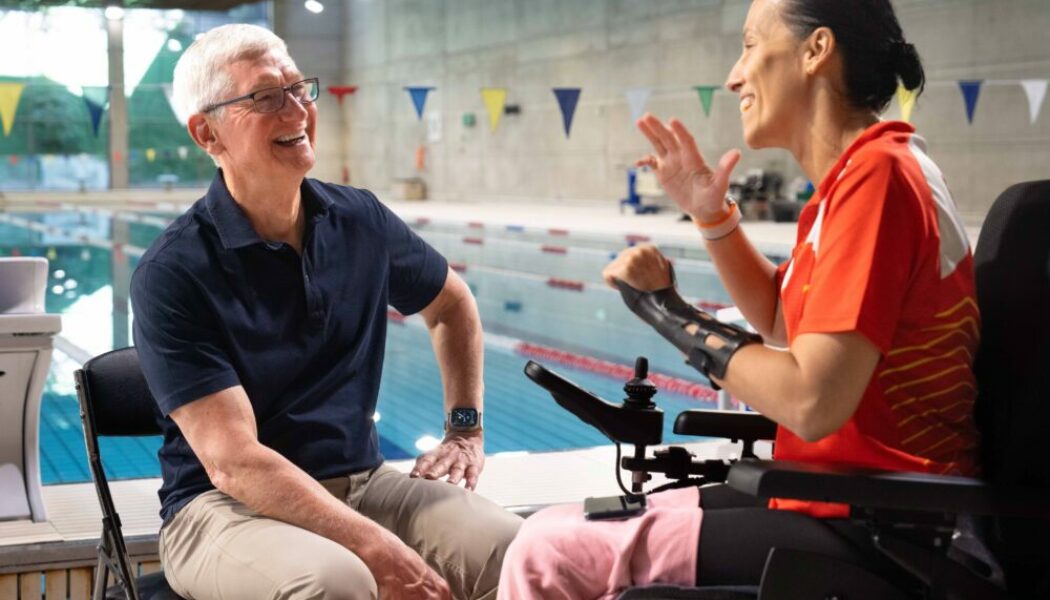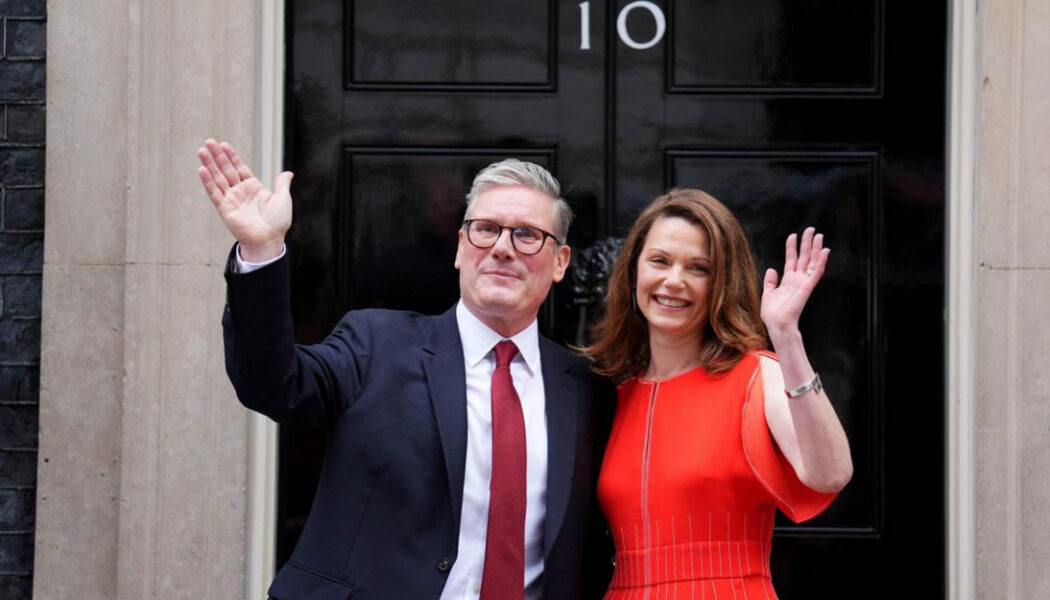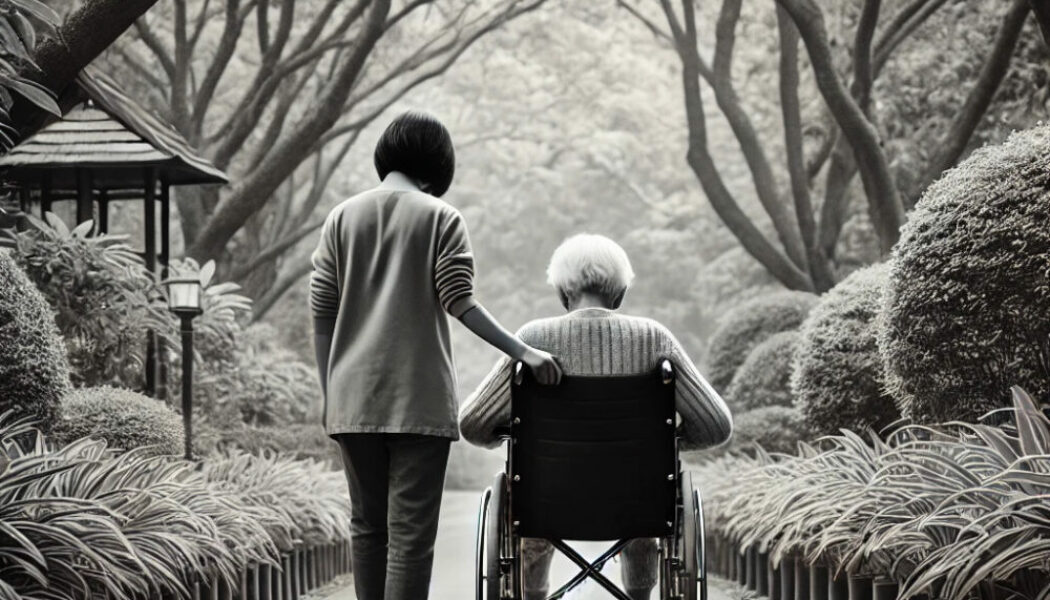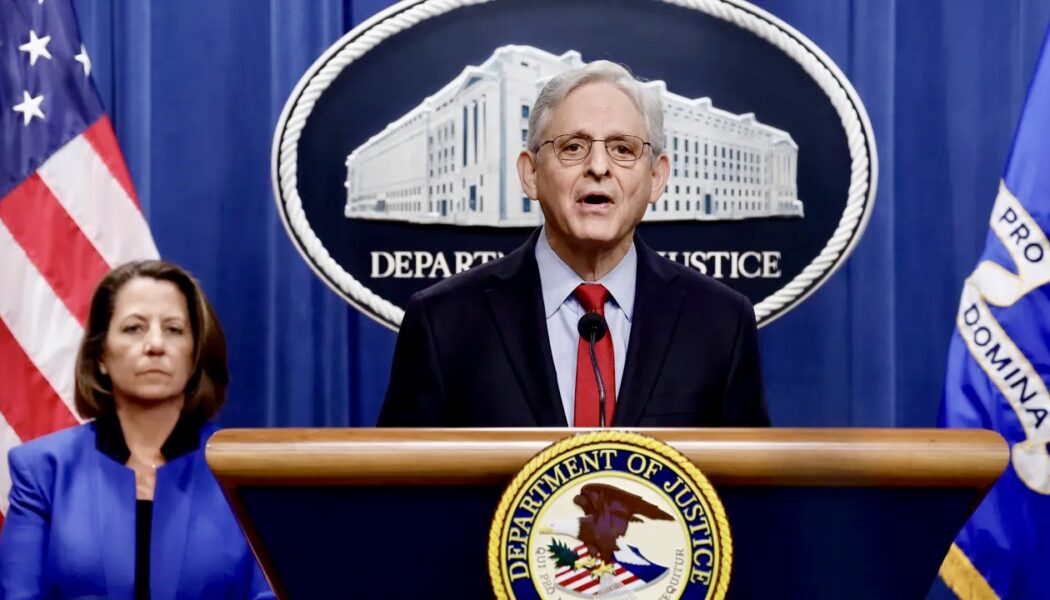Opinion
EU interoperability law forces Apple to rethink closed systems
The European Union’s recent ruling on interoperability under its landmark Digital Markets Act (DMA) is being framed as a privacy battleground by Apple. In a carefully worded post last week, the company warned that opening up iOS to third-party developers and accessories could lead to “unfettered access” to the iPhone, threatening the security and privacy of its users. But there’s another side to this story—one that hasn’t had enough airtime. For disabled people, especially those who rely heavily on hands-free and voice-first technologies, the EU’s push for interoperability is not just a regulatory intervention. It’s potentially transformative. The problem with Apple’s walled garden Don’t get me wrong—Apple has done more for accessibility than most tech companies. I use their devices and se...
Why legalising assisted dying is a slippery slope we must avoid
MPs are about to vote on an issue that stirs deep emotion on both sides: the legalisation of assisted dying in England and Wales. As someone who lives with life-limiting muscular dystrophy, complicated by heart and respiratory failure, this debate is not an abstract one for me. It’s personal. When I was three, doctors told my parents I wouldn’t live past 16. When I reached 16, they said I wouldn’t live past 30. As I approach my 60th birthday, I am living proof of how unpredictable medical outcomes can be. And that’s the crux of my concern: how often doctors can get it wrong, and what that could mean if assisted dying becomes part of the state apparatus. Let me be clear: I fully understand why this debate is so fraught. No one wants to see anyone suffer through unbearable pain at the end of...
Apple Watch Series 10: a missed opportunity for disability inclusion
Yesterday, Apple revealed the highly anticipated Apple Watch Series 10, continuing its tradition of blending cutting-edge technology with sleek design. At the launch event, CEO Tim Cook proudly spoke about how the Apple Watch has “deeply impacted the lives of millions of people” by helping them stay active, healthy, and connected. This latest iteration pushes the envelope even further with new features like sleep apnea notifications. It’s yet another impressive leap forward in Apple’s mission to help people monitor their health and wellbeing, all from a device worn on their wrist. However, as a person with a severe physical disability, my excitement for the Apple Watch Series 10 was tempered by a sense of disappointment. While Cook’s words were undoubtedly inspiring, the event highlighted ...
A Motability-style scheme for technology can transform disabled lives
As the Paralympics in Paris captivate and inspire people around the world, the World Health Organisation (WHO) and the International Paralympic Committee (IPC) have launched the “Equipped for Equity” campaign, drawing attention to the urgent need for greater access to assistive technology. The WHO estimates that over 2.5 billion people globally need at least one assistive product, such as a wheelchair, hearing aid, or communication software. Shockingly, nearly 1 billion people lack access to these essential technologies. This global call to action serves as a poignant reminder that technology, which can empower and transform lives, remains inaccessible to millions worldwide. In the UK, despite being one of the wealthiest countries, many of the 16 million disabled people still find themselv...
Reforming social care: a top priority for Keir Starmer’s Labour government
As Keir Starmer entered 10 Downing Street with a strong mandate from the British public , there is a resounding call for substantial reforms across various sectors. Among the most pressing is the urgent need to overhaul the social care system. This system, as it stands, is broken and unjust, particularly towards disabled people and their carers. Starmer and his Labour Party must prioritise social care reform to deliver the change that voters desperately need and deserve. The dire state of social care The current social care system in England is failing its most vulnerable citizens. Disabled people face significant financial burdens due to care charges that can consume up to 40% of their income. Local councils, grappling with underfunding from central government, often refer unpaid care cha...
General Election 2024: who should disabled social care users vote for?
Update: This article has been updated to include the Green Party’s policies on social care. As a disabled person who relies on social care for the basics in life that many take for granted—such as help with getting out of bed in the morning, getting dressed, washed, eating, and going to the toilet—I have been charged hundreds of pounds a month by my local council for this essential help. Furthermore, means testing prevents me from saving for my future with a cap on the amount of savings allowed. With this unfairness in the forefront of my mind, it will come as no surprise that of all the various policies put forward by the main political parties at the General Election on 4th July, it is their policies on social care that are pivotal for determining my quality of life and access to essenti...
England’s broken social care system punishes disabled people and their carers and needs urgent reform
One Monday morning, before Mrs Joy Smith’s council-funded carer had arrived to help her wash and dress, debt collectors arrived at her home demanding payment of the overdue money owed to the council for her basic care. Not a real case, nor the opening line of a new work of fiction, but typical of what goes on. This is the reality of social care in England today. In a society where the care of our most vulnerable is already undervalued, the recent scrutiny over fines levied on tens of thousands of unpaid carers for unwittingly breaching earnings rules by just a few pounds a week highlights a deeper crisis in social care, revealing a system more focused on penalising people than supporting them. Recent criticism from MPs on the Public Accounts Committee underscores the detrimental effects of...
Apple DOJ lawsuit: is Apple’s ecosystem hindering accessibility?
In the realm of modern technology, the intersection of corporate practices and accessibility for disabled people presents a complex landscape. As technology continues to evolve, it’s important to scrutinise the ways in which these advancements either bridge or widen the gap for disabled people. Among the giants in the tech industry, Apple has this week come under scrutiny for its alleged monopoly practices. The US Department of Justices (DOJ) antitrust lawsuit didn’t mention accessibility, nor did the press reporting the news, but I am concerned about the impact of Apple’s “walled garden” approach on accessibility for disabled users. The monopoly concern: Apple’s accessibility dilemma Apple, known for its innovation and tightly integrated ecosystem, has been accused by the DOJ of restricti...
Sunak scrapping dedicated minister for disabled people makes no sense
I am deeply concerned by Prime Minister Rishi Sunak’s decision to remove the dedicated role of Minister for Disabled People, a position that has been part of government for decades. The move is regrettable, and its implications for disabled people are troubling. Mims Davies has taken on the role within the Department for Work and Pensions (DWP), but remains a parliamentary under Secretary of State, the most junior level in government. Her predecessor Tom Pursglove was a minister of state when he held the job. In demoting the post to a junior minister, with multiple briefs within government, it’s disheartening to witness such a retrograde step that sends a negative signal to the disabled community. During my time as a producer at the BBC, on the now sadly defunct Radio Four disability progr...
Domiciliary care ignored by the vaccine rollout
Nadhim Zahawi, the Minister for Covid-19 Vaccine Deployment, has said he is confident the government will meet its vaccine targets. The first of these targets that government ministers have set themselves is to vaccinate the following priority groups identified by the Joint Committee on Vaccination and Immunisation (JCVI) by 15 February: • Residents in a care home for older adults and their carers • All those 80 years of age and over and frontline health and social care workers • All those 75 years of age and over • All those 70 years of age and over and clinically extremely vulnerable individuals Under the rollout, the government hopes to offer almost 15 million people in these first four priority groups a vaccine by mid-February. To stay on track, two million jabs a week will need to be ...
Digital divide: disabled people and Covid-19
For some, being forced to stay home and work remotely via Zoom during the Covid-19 pandemic has been a temporary reprieve from the daily commute. Employers have supported workers to work from home, and for those with the technology, and an income from employment, the inconveniences of the Covid lockdowns have been eased. For others there has been little support and Coronavirus has brought into sharp focus the digital divide that exists in the UK. Poorer parents have struggled to afford laptops and broadband connections to help school their children at home, and families have found it difficult to keep in touch with loved ones locked down in care homes and Covid wards. According to the Office of National Statistics disability is one of the main factors that influence the digital divide in t...
Time to tax the tech giants
As Labour’s election pledge suggests, digital technology is no longer seen as a luxury. Rolling out broadband for all has been likened to the great Victorian projects to provide clean water, or the building of the electricity national grid. For disabled people especially, technology can be a great liberator. All my life it has played a major role in giving me independence. I was born with muscular dystrophy, which causes severe muscle weakness in all my limbs rendering me quadriplegic and in a wheelchair. Yet by adopting the rapidly developing digital technology I have seen over my life time, I have been able to go from a small village in west Wales, first to university in Scotland, then a long career at the BBC. Currently, my personal campaign is to highlight the case for as many physical...
- 1
- 2























